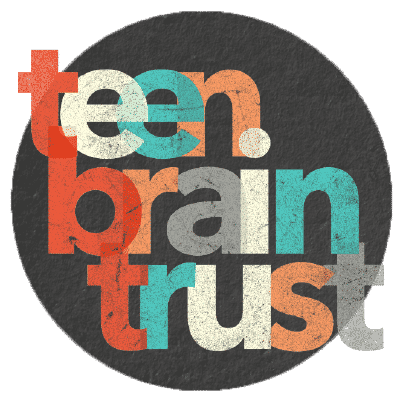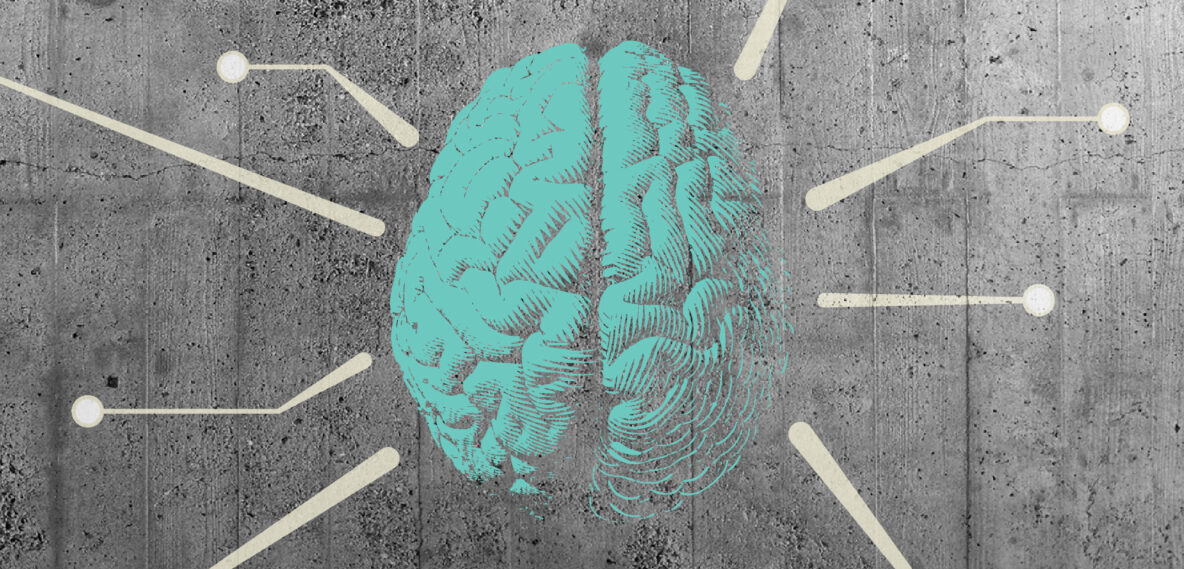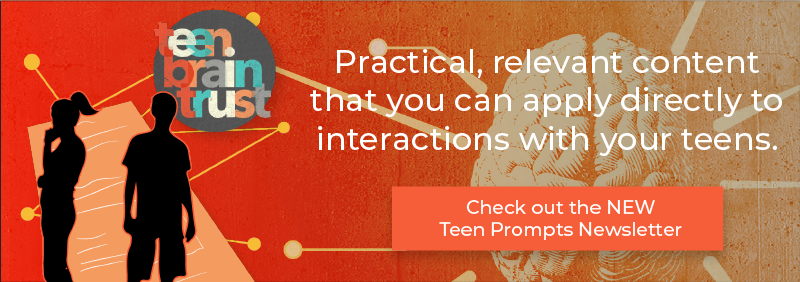[5:00 minutes to read]
Ok, so what is Cognitive Behavioral Therapy and how does it work?
In a nutshell, cognitive behavioral therapy or CBT is a type of psychotherapy that involves dealing with a person's thought patterns and beliefs (schema) in order to change the way they think about and react to things happening around them.
If you haven’t already, you should read our article on schema before continuing with this article as it helps give context and is a great article.
CBT was started by a psychoanalyst at UPenn named Aaron Beck back in the 1960’s who wanted to find an empirical basis for the current psychoanalysis treatments for depression. While he didn’t find an empirical basis for psychoanalysis he did discover that cognition (specifically negative thoughts) played a major role in depression.
The basic theory he came up with is that people with depression have a set of beliefs about themselves that cause them to have automatic negative thoughts about themselves when they come up against adversity. These automatic thoughts then cause people to become more depressed.
With his patients, Beck focused on altering these day-to-day thought patterns so they could think about and react to situations more positively. This approach was markedly different from traditional treatments of depression at the time which focused much more on previous experiences rather than current events. Beck found such success that his manual on CBT (cognitive therapy at the time) birthed a whole movement in the field of psychology.
Of course, the methodologies of CBT are effective at treating much more than just depression. CBT has expanded so ferociously that there are now many applications for it beyond traditional therapy or psychology. Everyone and anyone can benefit from reframing maladaptive thought patterns and beliefs and/or reinforcing positive and productive thought patterns and beliefs.
Everyone and anyone can benefit from reframing maladaptive thought patterns and beliefs and/or reinforcing positive and productive thought patterns and beliefs.
One of the applications of CBT that Teen Brain Trust finds particularly exciting is in schools (or learning in general). If you’re a parent you’ve probably run into areas where your kid has a belief about themselves that gets in the way of their learning (ex. “Some kids are good at math and some are bad at it, I’m bad at it, I don’t get math and I never will”). Applying CBT principles to such beliefs can have an impact not just on kids’ self-confidence but also on their ability to do math! As we highlight in our article on schema our thought patterns, preconceived notions, and assumptions about ourselves and the world have a major impact on our ability to learn and process information. As many Hollywood movies have tried to teach us over the years, believing that you can do something is one of the major factors in whether or not you’ll be able to do it.
We at Teen Brain Trust are big fans of CBT, and if you’re a regular consumer of our courses and other content you’ll find a lot of CBT nuggets sprinkled throughout it. In fact part of our mission is to reframe a schema for our whole society, the one that views adolescents and teenagers as a ‘problem, or as problematic’.
So for you nerds out there, let’s dig in a little deeper and take a look at how and why it works.
Key Ideas and Principles at work in CBT
Goal Oriented:
CBT is a short-term goal oriented therapy. An active goal is necessary so participants and therapists can focus in on the behaviors and thought patterns that aren’t working in a specific area. An active goal can be anything from ‘I want to get better at motivating my kids’ to ‘I want to stop smoking cigarettes’.
Active Participation:
Because CBT is focused on current day to day thought patterns and events, it’s critical that participants be actively involved. They must become present to and aware of their own thoughts and how those thoughts are affecting their feelings and behavior. They must be focused on reframing and adapting their thinking. The more participants understand how and why their cognition affects their behavior, the better their ability to facilitate this process.
Cognitive Distortions:
This is a term for thought patterns & beliefs (schema) that are false or inaccurate. Human beings have a really strong ability to make connections and recognize patterns. A lot of the time the patterns and connections we make are helpful and good, (Ex. When we’re young and we burn our hand on the stove we make a connection between the hot stove and the burn, then we don’t burn our hand on the stove again.) But sometimes we make connections between things that are unrelated (Ex. My mom is in a bad mood and I’m nearby, I make a connection between her bad mood and me and start believing that I’m doing something wrong.) Believing that you’re at fault when someone else is in a bad mood is a very common cognitive distortion; human beings are ego-centric, we believe that everything is about us even when it’s not (no offense). That kind of distortion is called a ‘Personalization’ but cognitive distortions come in many shapes and sizes. If you’d like to learn more about them check out this article that breaks them down.
Cognitive Restructuring:
While some cognitive distortions are harmless (not opening umbrellas inside because you believe it’s bad luck), many cognitive distortions can have a massive impact on us and the way we live our lives (not reaching out to friends because you think it will be a ‘bother’ to them). Cognitive restructuring is a technique that has people examine and unravel their ways of thinking that are unhelpful. This is one of the core tenets of CBT. The idea is if you are able to reframe your unhealthy thought patterns it will positively affect the way you feel and react to things happening around you.
CBT is not a panacea, it is not a magical cure-all, and it will not solve all of your problems. However, it is effective, practical, and it’s possible to see direct results from CBT in a relatively short amount of time.
As It Relates to TBT
While the courses of Teen Brain Trust can’t correctly be classified as CBT (since our courses are not therapy), they are designed with many aspects of CBT in mind. The difference being that we can only guess at and assume what your day to day thought patterns are regarding your kids and parenting techniques, instead of working with you to correctly and accurately identify them. If you decide to take our courses (or if you’re taking them already) you’ll need to do the work to identify your thought patterns and beliefs (schema) that aren’t working. Luckily for you, there are many documented cases of self-directed CBT that have shown it to be effective.
by Robin Friend Stift - Co-Creator & Lead Course Designer for Teen Brain Trust
and Dr. Dana Dorfman - Lead Advisor for Teen Brain Trust | visit site
Share this Post


